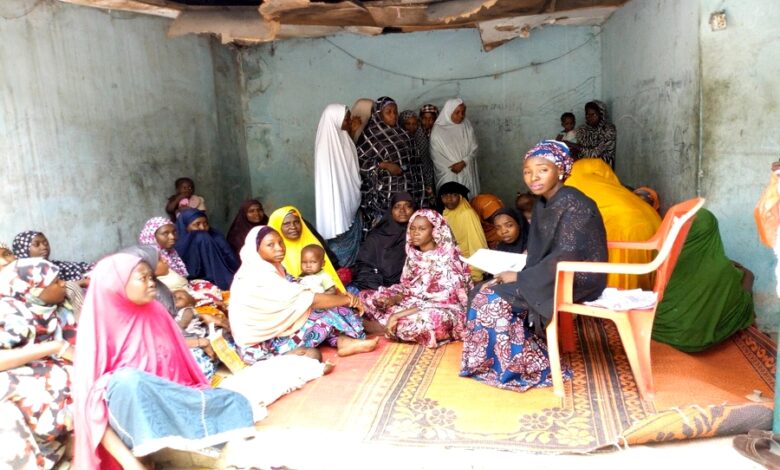Expert Highlights Factors Hindering Support For Victims Of Armed Violence In Nigeria
“Sometimes when we secure the release of people who have been abducted we pat ourselves on the back like that is enough,” Dr Akilu said.

Dr Fatima Akilu, a psychiatrist and expert on countering violent extremism has attributed the lack of mental health support for victims of kidnap and armed violence to institutional bottlenecks, non prioritisation of mental health and lack of will by the government.
Dr Akilu made this statement while discussing ‘Growing Insecurity and Mental Health in Nigeria’ on a Twitter space organised by HumAngle on Saturday, April 9.
She stated that the landscape for mental health is still inadequate while mental health is still relatively new in the health sphere in Nigeria, noting that closing the gap with the rest of the world might take decades.
“Sometimes when we secure the release of people who have been abducted we pat ourselves on the back like that is enough,” Dr Akilu said.
She explained that in the case of children who have been abducted, they are usually subjected to emotional, physical, and sexual abuses, adding that the experience can stay with them for a long time if not for the rest of their lives.
Dr Akilu, who is also the founder of NEEM Foundation added that the organisation has worked with thousands of abductees who have faced stigma upon returning to their communities. “There are teenage girls that have come back with babies as a result of rape and they have faced additional burdens of stigma from their families and communities. The only support they may get is from others who may show sympathy.”
She added that when a country has rampant cases of armed violence and abductions, it will be only appropriate to broaden mental health support. “I think as a country, we should be increasing the spaces for mental health degrees in institutions of learning, we should also scale up mental health and integrate it in primary health centers to create a generation of mental health responders.”
“Short term mental health counseling for victims is not usually sufficient. So there is a need for a framework that gives psychological support constantly and Nigeria has done poorly in this aspect.”
Mental health and conflict in Nigeria
According to a survey carried out by 10 mental health specialists group that conducted 294 outreach sessions between April and June, 2018 in Northeast Nigeria, 5,031 individuals in primary health care centers and Internally Displaced Persons (IDP) Camp health facilities were treated for different mental illnesses.
A total of 1,276 individuals had severe emotional disorders, 1,229 had seizure disorders associated with psychological distress, 925 had medically unexplained somatic complaints, 774 had psychotic disorders, 349 had substance use disorder, while 337 had other complaints.
The survey posits that the mental health of individuals or communities is usually affected during or after conflicts. Age, maturity, sex and occupation of the individual also affects the way they respond to conflict.
Support Our Journalism
There are millions of ordinary people affected by conflict in Africa whose stories are missing in the mainstream media. HumAngle is determined to tell those challenging and under-reported stories, hoping that the people impacted by these conflicts will find the safety and security they deserve.
To ensure that we continue to provide public service coverage, we have a small favour to ask you. We want you to be part of our journalistic endeavour by contributing a token to us.
Your donation will further promote a robust, free, and independent media.
Donate HereStay Closer To The Stories That Matter




